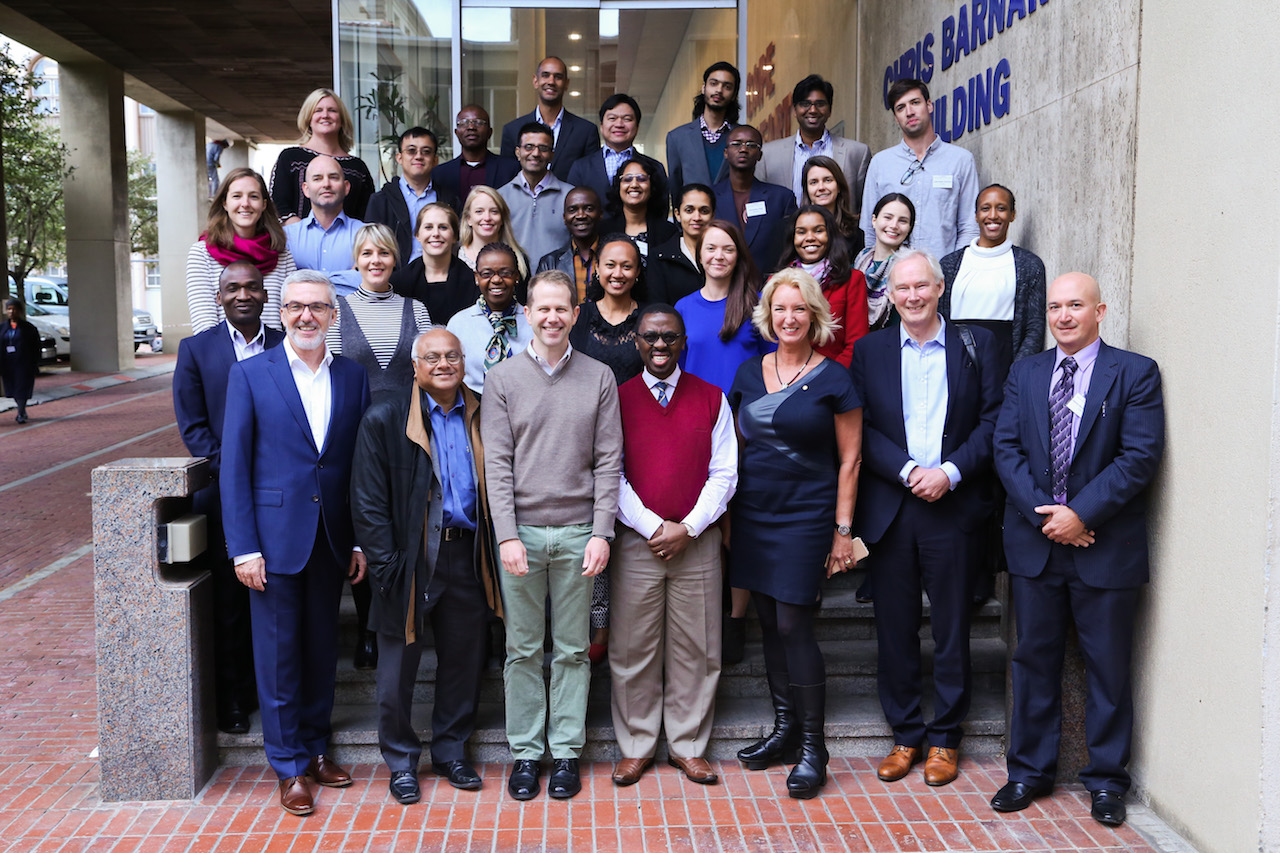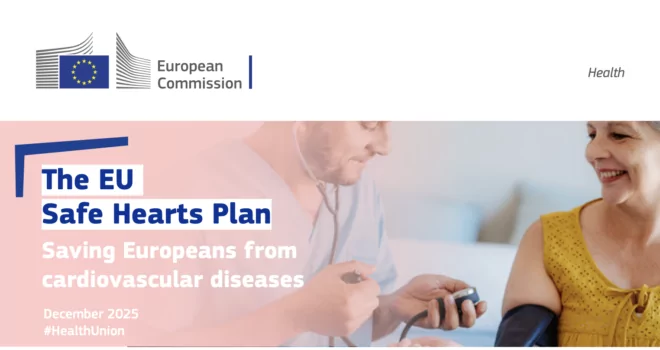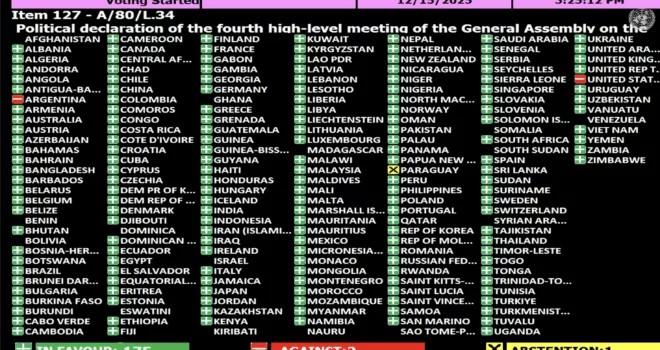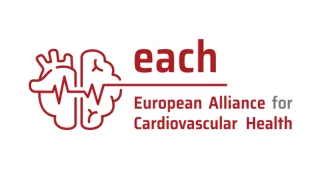2017 marks the fourth year of the World Heart Federation Emerging Leaders programme and focuses on access to essential medicines for cardiovascular diseases (CVD), including heart disease and stroke. Despite the availability for decades of evidence-based medicines to prevent and treat CVD, their use is still very low.
Access to essential CVD medicines is worryingly low globally and particularly in low- and middle-income countries (LMICs), where some of the barriers to CVD medicines access include poor access to health care facilities, low availability, poor quality of medication and unaffordability. This places a heavy financial burden on individuals and households, and creates an urgent need to find innovative ways – from policies through to models of care – to improve access to these live-saving medications.
Launched by former World Heart President Salim Yusuf, the 2017 World Heart Federation Emerging Leaders cohort will build capacity for research and advocacy to support projects which harness local knowledge and global expertise to improve access to medicines through stronger policies and strengthened programmes. Previous cohorts have focused on secondary prevention of CVD, raised blood pressure, and tobacco prevention and control.
The 2017 Emerging Leader Think Tank was hosted at the Hatter Institute for Cardiovascular Research in Africa, Faculty of Health Sciences, University of Cape Town from 18-23 June 2017. The Think Tank included lectures by leaders in the field, seminars and a round table discussion with experts, industry representatives and healthcare workers, amongst others.

Karen Sliwa, World Heart Federation President-Elect:
“When patients are uninsured and have to pay to purchase generic medicines, it puts an enormous and relentless financial burden on individuals and households. In many developing countries, the high cost of chronic medicine treatment, including CVD and other non-communicable disease medicines, can often push families below the poverty line.”
David Wood, World Heart Federation President:
“By developing the next generation of leaders, the Emerging Leaders Programme plays an important role in helping the World Heart Federation to achieve our mission and vision: a 25% reduction in premature mortality cause by CVD by 2025. Over the next few years, this programme will train more than 125 participants selected to represent at least 50 countries. These individuals will have demonstrated long-term promise through their early career success, creativity and passion for improving cardiovascular health and preventing CVD. As a consequence of their participation in the Emerging Leaders Programme, these professionals will have the capacity to effect change over the remainder of their careers, well beyond 2025.”


